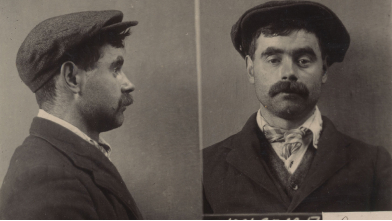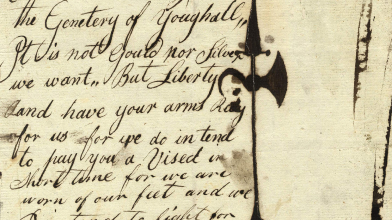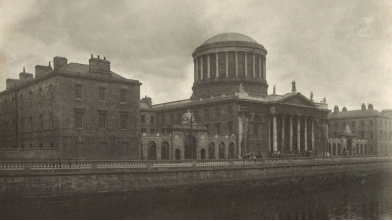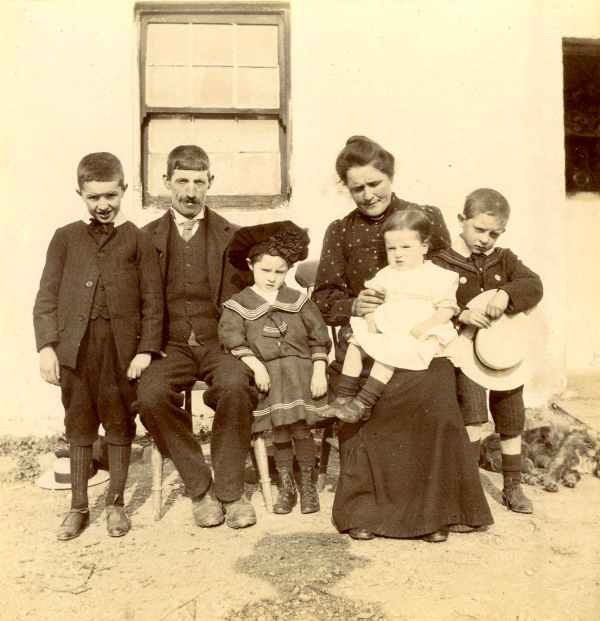Discover your family history
Are you interested in learning more about your family history or a specific individual? The National Archives holds a vast collection of records that can provide valuable insights for family researchers. Here, you can discover more about our family history resources, how to prepare for your research, and take advantage of our free genealogy services.




